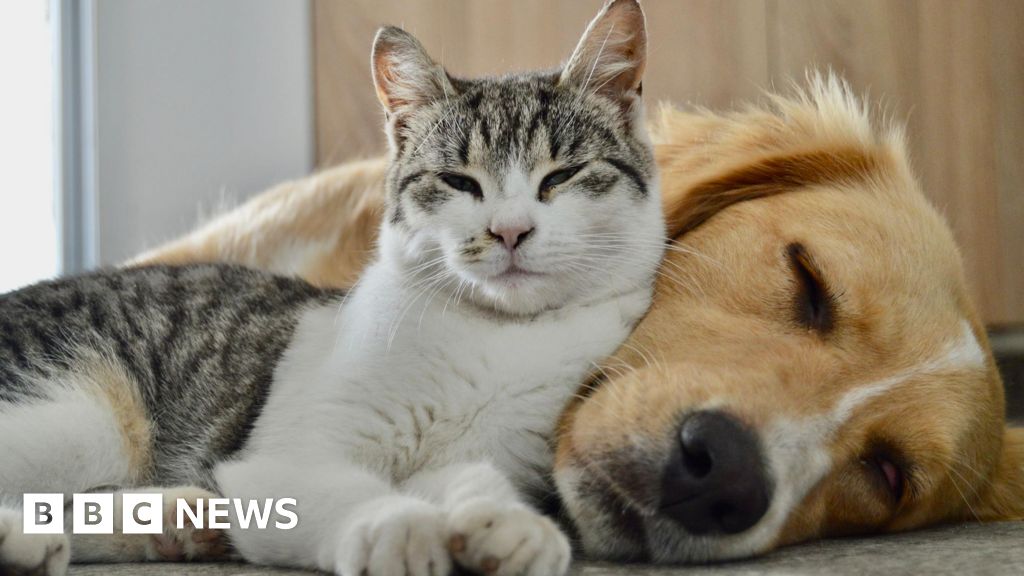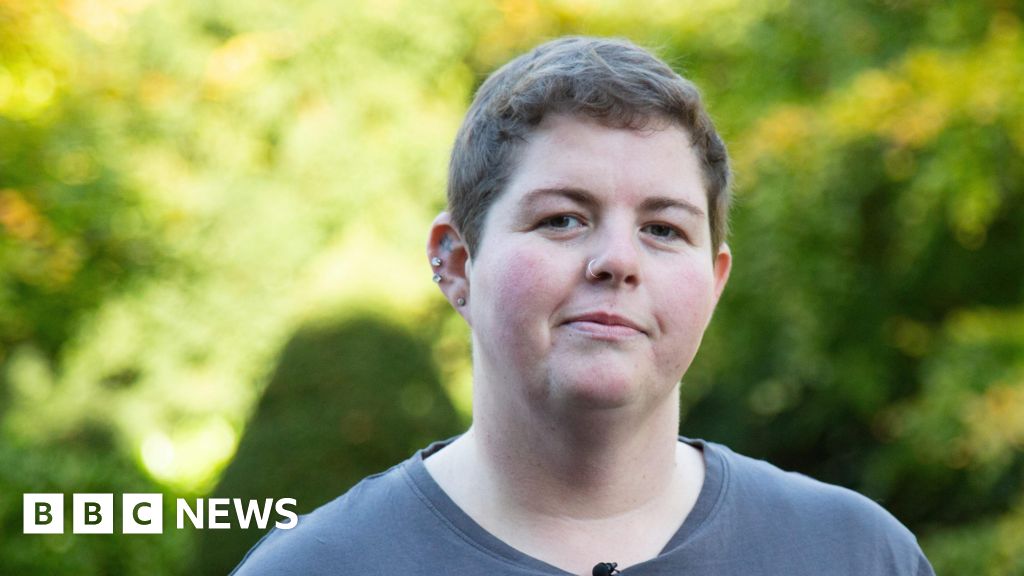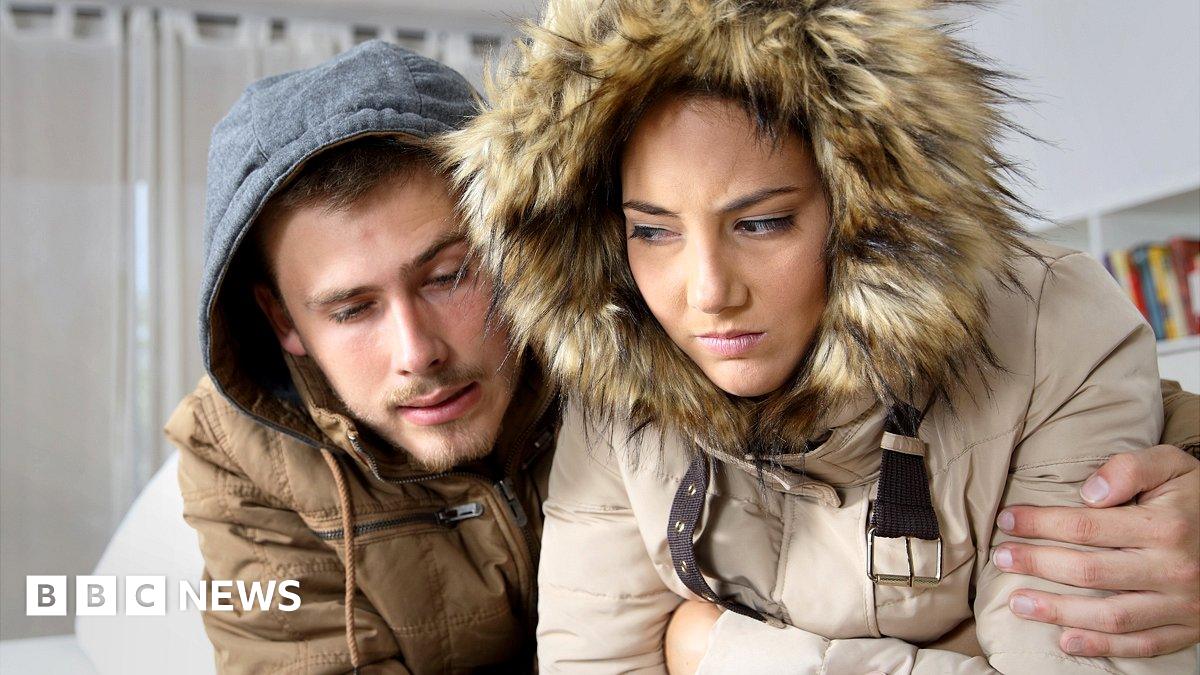The UK government will soon be asking lots of cat and dog owners to collect and send their pet’s poo for laboratory testing.
Experts worry that some domestic animals might carry hard-to-treat superbugs – bacteria that have become resistant to common antibiotics.
These can spread to people through close contact with pets, such as kissing and stroking, as well as handling poo, research suggests.
In many cases the bacteria do no harm, but some can lead to serious issues, including bloodstream infections or sepsis.
The world-first study will monitor healthy pets, not just those that are ill.
Over half of UK adults own pets and live with them in a shared environment, meaning that bacteria, including resistant bacteria, can spread easily between animals and people, says the goverment’s Veterinary Medicines Directorate.
Several studies have shown pets and owners can potentially swap pathogens, including the hospital ‘superbug’ MRSA.
Scotland’s Royal College will run the study over four years.
Prof John Berezowski, who is one of the researchers, said they would work with pet owners and their vets to explore how best to collect all the poo samples.
“This initiative is critical for a better understanding of the transmission and maintenance of antimicrobial resistance in our pets,” he said.
The World Health Organization classes antibiotic resistance as one of the greatest public health threats facing humanity.
Drug-resistant infections kill more than 1.2 million people a year globally, with the figure projected to rise to 10 million by 2050 if no action is taken, it says.
To prevent transmission, experts recommend owners practise good hygiene, including washing their hands after petting their dog or cat and after handling their waste.
If a pet is unwell, owners might consider isolating them in one room to prevent the spread of bacteria throughout the house, and clean other rooms thoroughly.
Antimicrobial resistance (AMR) arises when organisms that cause infection evolve ways to survive treatments.
Without effective antibiotics, even minor surgery and routine operations, such as caesarean sections when giving birth, could become high-risk procedures if serious infections can’t be treated.







